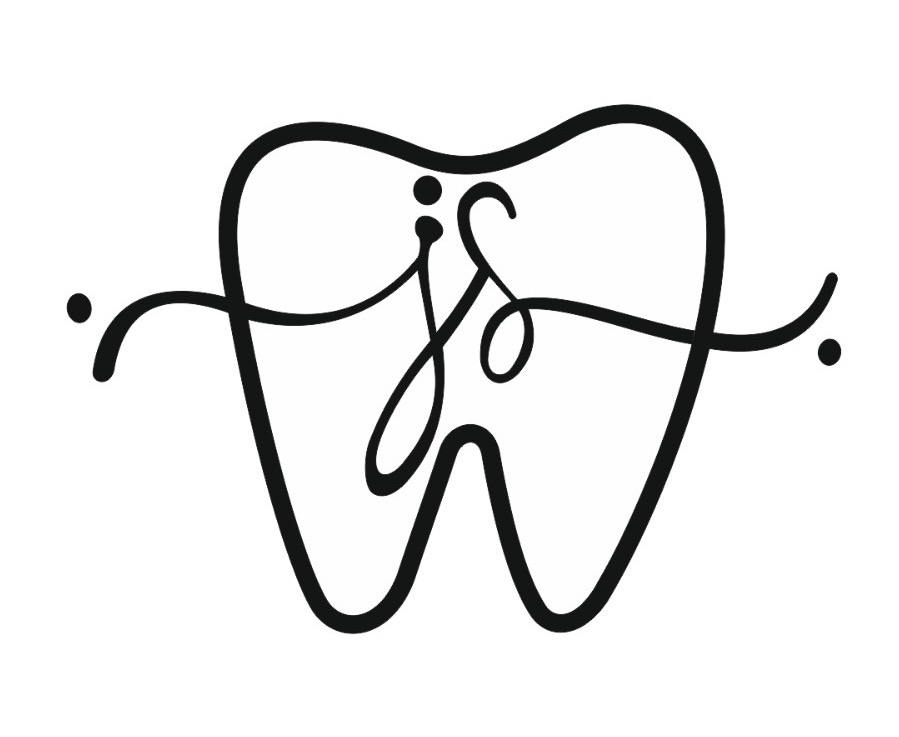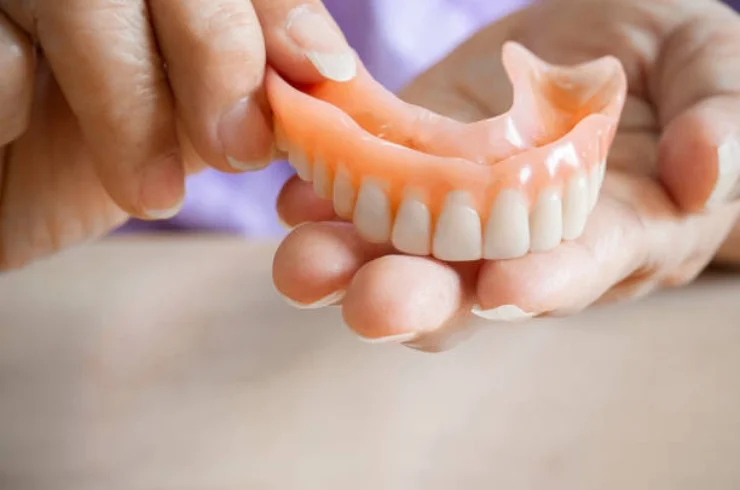🦷 Comprehensive Understanding of Complete Dentures
Complete dentures are meticulously designed removable prosthetic devices that replace all missing teeth in the upper or lower jaw—or both. Crafted with precision and customized to the patient’s unique oral anatomy, they play a crucial role in restoring oral function, facial aesthetics, and speech clarity. Dentures are typically recommended when a person has lost all their natural teeth due to decay, gum disease, or injury. Full upper dentures cover the roof of the mouth (palate), while lower dentures are shaped like a horseshoe to accommodate the tongue. Made from high-quality acrylic resin and sometimes reinforced with metal, these appliances aim to mimic the natural appearance of gums and teeth. Properly fabricated dentures restore bite balance, improve chewing ability, and prevent the facial muscles from sagging, thereby enhancing the patient’s overall appearance and self-esteem. 🪥
✨ Precision Fit and Functional Harmony
The process of creating complete dentures involves a series of well-orchestrated steps to ensure a functional, comfortable, and secure fit. It begins with a thorough dental examination and impressions of the oral tissues to design a base that conforms perfectly to the patient’s jaw contours. Multiple try-in sessions allow adjustments in alignment, bite, and esthetics before the final fitting. Advanced materials and digital technologies may be used to improve durability, accuracy, and visual appeal. Once fitted, patients may experience a short adjustment period where minor discomfort, increased saliva production, or speaking difficulties are common—but temporary. With time and proper adaptation, complete dentures become an integral part of the oral system, allowing individuals to eat, speak, and smile with renewed confidence. Routine follow-ups ensure the long-term health of the supporting tissues and proper function of the prosthesis. 🧴
💎 Maintenance, Care, and Longevity
For optimal longevity and performance, complete dentures require consistent hygiene practices and mindful care. Patients should remove and rinse dentures after meals, clean them daily with a soft brush and non-abrasive cleanser, and store them in a denture-soaking solution overnight. Regular dental check-ups are essential to monitor oral tissues, detect sore spots, and ensure that the denture remains well-fitting as bone and gum structures change over time. Ill-fitting dentures can lead to discomfort, infections, and bone loss, so timely relining or replacement is important. A well-maintained set of complete dentures can last anywhere between 5 to 10 years. With dedication to care and expert guidance, complete dentures not only restore function but also rekindle the joy of everyday living. 😁



